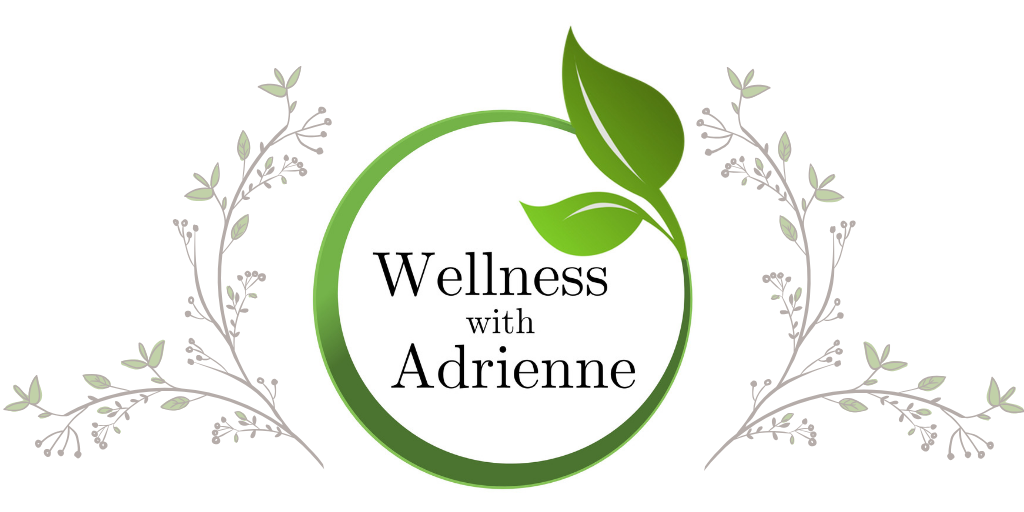
What is Herbal Medicine?
Although herbal medicine is making its way into the mainstream, I often get a sideways glance when I tell people I’m an herbalist. “What is herbal medicine?” many ask.
Mainstream TV personalities like Dr. Oz have talked up the benefits of various herbs, prompting the sale of turmeric for joint pain and echinacea for the common cold. Many people have tried these and other remedies without knowing they were using herbal medicine.
An herb is simply a plant in the ground. Most of us know the culinary herbs: oregano, thyme, basil, rosemary, sage, parsley, etc. What we might not know is that these herbs also have medicinal properties. And there are hundreds of other plants, unfamiliar to most, that people have been using as medicine since the beginning of time.
A second question I hear is, “How do I take herbs?”
Herbal medicine can be taken in various forms, some of which include: liquids like tea (decoction or infusion), tincture, or glycerite. Other forms include capsule or tablet.
Teas can be powerful, but some of the medicinal herbs are less than tasty and sometimes hard to get down. Also, it takes a lot of tea to get a medicinal dose of herbs into the body. This is why some of the store-bought medicinal tea bags may feel ineffective. Making our own, with higher amounts of herbs, is a more useful way to get good results.
Tinctures allow us to reap the benefits of herbs in smaller doses of liquid. Tinctures use alcohol to extract the medicinal properties of the plant. And for those who don’t tolerate or drink alcohol, glycerites typically use a vegetable glycerine for extraction. Glycerites are great for children.
Lastly, like most modern medicine, herbs can be taken in pill- or capsule-form. Just like one tea bag can be ineffective, it is difficult to get a medicinal dose of herbs into one tablet or capsule. This is why herbalists often recommend several tablets or capsules per day. It is not uncommon to take 3 pills or capsules 3 times throughout the day. Although that kind of dosage surprises people, I think of it as reassuring. Most herbs are gentle. We need a good amount in our system to benefit from the medicinal properties.
What I like about herbal medicine is that it’s not as “out there” as people think. We know instinctively that honey would feel soothing to a sore throat. And we can sense how a spicy pepper would help clear the sinuses. These and other herbal remedies have been used in various cultures for thousands of years. Today, more and more people are turning to natural alternatives, leery of the side effects of pharmaceuticals and OTCs.
To put it plainly and simply, herbal medicine is the use of plants to treat and prevent our health ailments. Give it a try!

